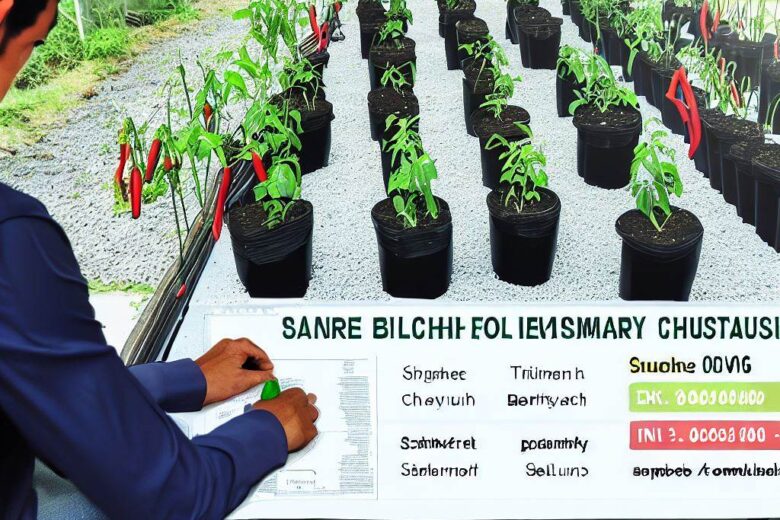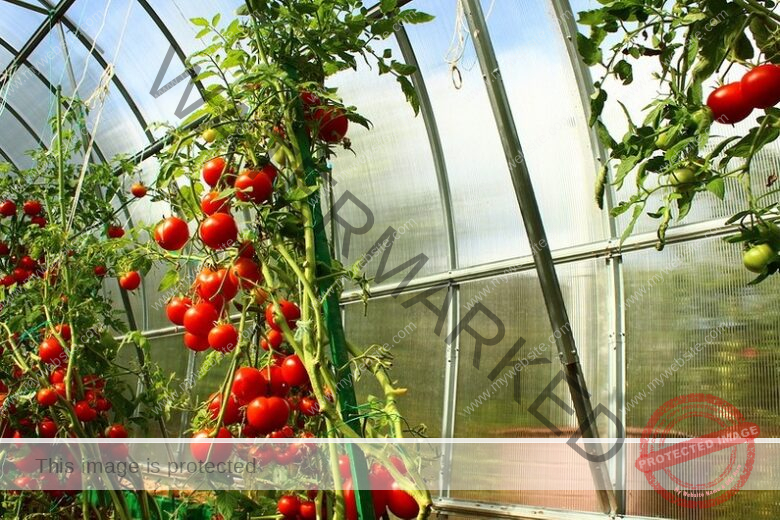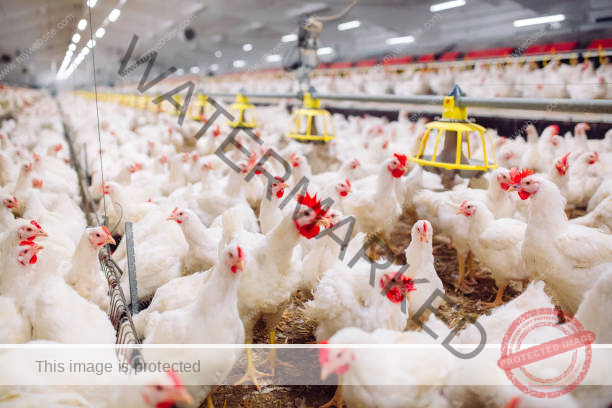Starting a small vegetable farm can be an exciting and rewarding venture. It allows you to grow fresh, organic produce while contributing to sustainable agriculture practices. However, like any business, a well-thought-out plan is essential for success. In this article, we will provide a comprehensive guide to help you develop a small vegetable farm business plan.
[Pdf Sample] Small Vegetable Farm Business Plan Proposal Docx

Executive Summary
The executive summary is a snapshot of your entire business plan, providing an overview of your farm’s vision, goals, and financial projections. It should highlight the unique aspects of your vegetable farm and grab the reader’s attention.
Read Also: [Pdf Sample] Business Plan For Chili Pepper Farming Docx
Market Research and Analysis
Conducting thorough market research is crucial to understand the demand and competition in the local market. Identify your target audience, analyze consumer preferences, and explore market trends. This information will help you make informed decisions about the crops to grow and pricing strategies.
Read Also: [Beginners Guide] When to Apply Fertilizer to Vegetable
Farm Goals and Objectives
Define your farm’s long-term goals and objectives. Are you aiming to become a leading supplier of organic vegetables in your region? Do you plan to expand your operations over time? Setting clear goals will provide direction and motivation for your business.
Read Also: [Pdf Sample] Business Plan Guide For Strawberry Farming Docx
Products and Services
Outline the specific vegetables you plan to grow and the services you will offer. Consider factors such as seasonality, crop rotation, and diversification. Highlight any unique varieties or specialty crops that can differentiate your farm from competitors.
Read Also: How To Preserve Vegetables For Long Time Storage
Target Market
Identify your target market and tailor your products and marketing efforts to meet their needs. Consider local restaurants, farmers markets, community-supported agriculture (CSA) programs, and direct-to-consumer sales. Build relationships with potential customers and understand their preferences.
Marketing and Sales Strategy
Develop a marketing and sales strategy to promote your farm and reach your target audience. Utilize online platforms, social media, and local advertising. Participate in community events and collaborate with other businesses to increase visibility.
Read Also: 15 Common Diseases of Vegetables Farm And How To Treat
Farm Operations
Describe the day-to-day operations of your vegetable farm. This includes tasks such as planting, irrigation, pest control, and harvesting. Discuss the equipment and labor requirements and how you plan to manage the workflow efficiently.
Read Also: [Pdf Sample] Business Plan For Bell Pepper Farming Docx
Equipment and Resources
Outline the necessary equipment, tools, and resources needed to run your farm effectively. Consider factors such as irrigation systems, tractors, greenhouse structures, and storage facilities. Explore options for sourcing equipment, including buying, leasing, or borrowing.
Read Also: [PDF Sample] Business Plan for a Poultry Farm in Ghana
Financial Projections
Create a detailed financial projection for your small vegetable farm. Include startup costs, operating expenses, revenue forecasts, and profitability analysis. Factor in variables like crop yields, market prices, and production costs to develop realistic projections.
Watch The Below Video On Guide On How To Write A Business Plan For Small Vegetable Farm
Risk Management
Identify potential risks and develop strategies to mitigate them. This includes risks related to weather, pests, disease, and market fluctuations. Have contingency plans in place to ensure your farm’s resilience in the face of unforeseen challenges.
Sustainability and Environmental Practices
Highlight your commitment to sustainable farming practices and environmental stewardship. Discuss strategies for soil health, water conservation, waste management, and biodiversity preservation. Consumers increasingly value eco-friendly farming, and showcasing your sustainability efforts can give you a competitive edge.
Here Is The Download Link ToSmall Vegetable Farm Business Plan Proposal By Agrolearner.com
How much land do I need to start a small vegetable farm?
The land requirement depends on the scale of your operation. Start small with a few acres and expand as your business grows.
Are there any government grants or funding options available for small vegetable farms?
Yes, several government programs offer grants and funding opportunities for small farmers. Research local and federal agricultural grants to explore your options.
What certifications are important for organic vegetable farming?
Organic certification ensures that your produce meets specific standards. Look into certifications such as USDA Organic or Certified Naturally Grown.
How can I differentiate my farm in a competitive market?
Focus on niche products, unique varieties, exceptional quality, and strong customer relationships to stand out from the competition.
How do I determine the pricing for my vegetables?
Consider production costs, market demand, competition, and the value consumers place on organic and locally grown produce when setting prices.
Conclusion
In conclusion, starting a small vegetable farm requires careful planning and execution. By developing a comprehensive business plan, conducting thorough market research, and implementing sustainable practices, you can increase the likelihood of success. Remember, flexibility and adaptability are key in the ever-evolving agricultural industry.




